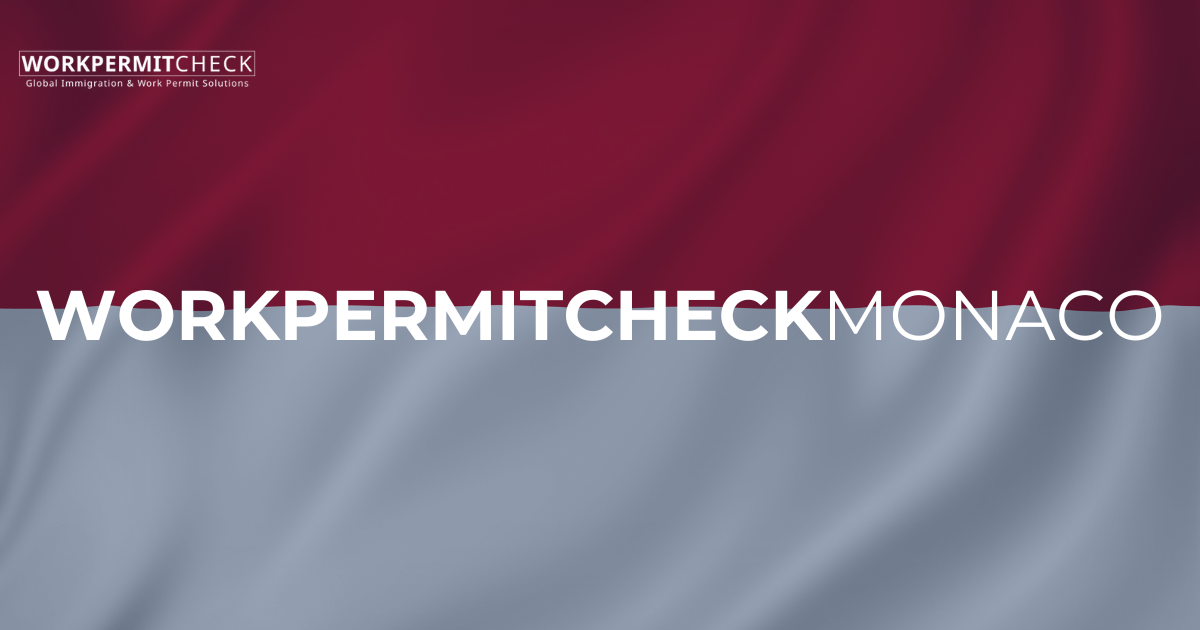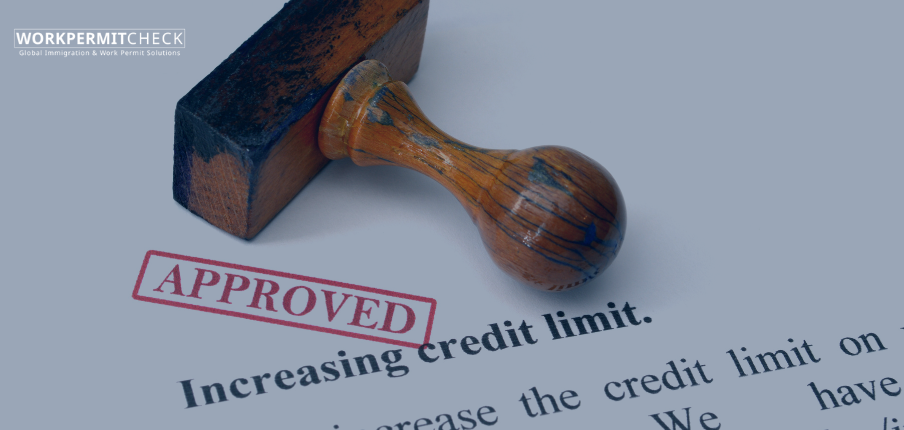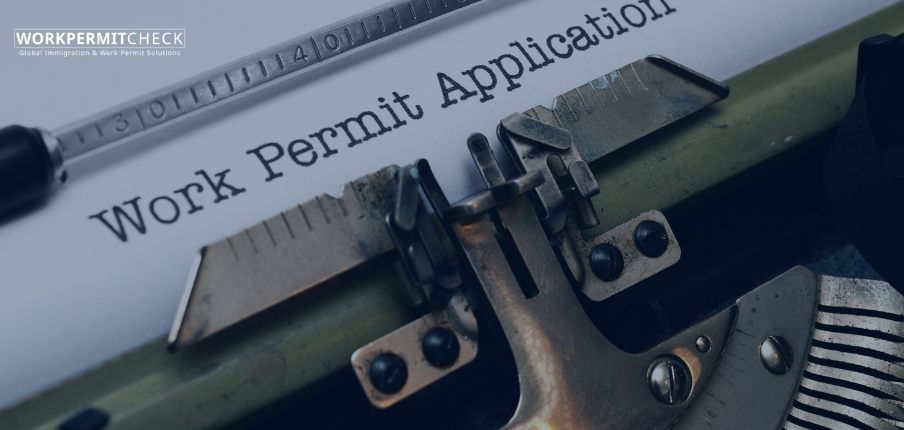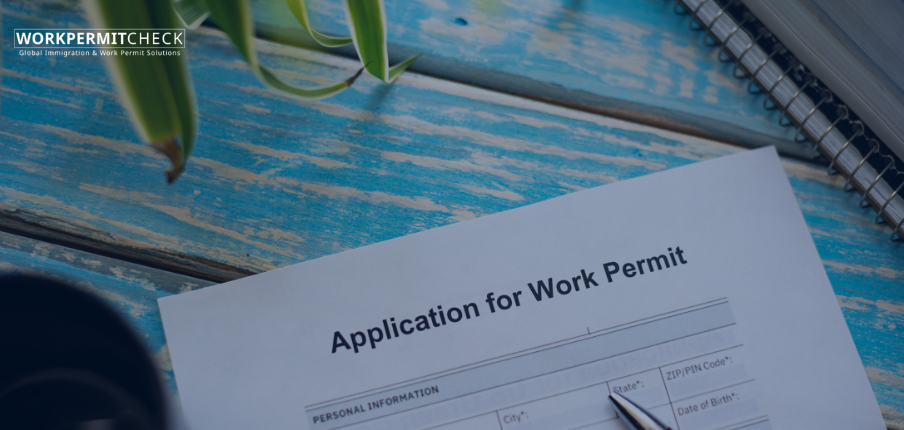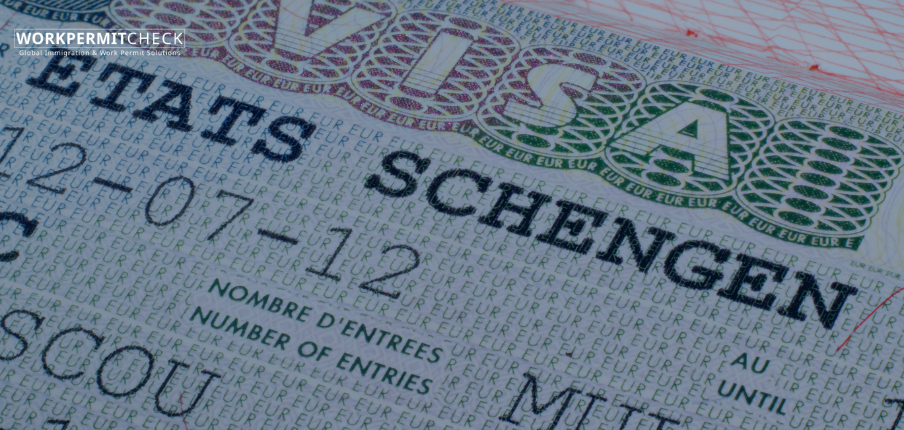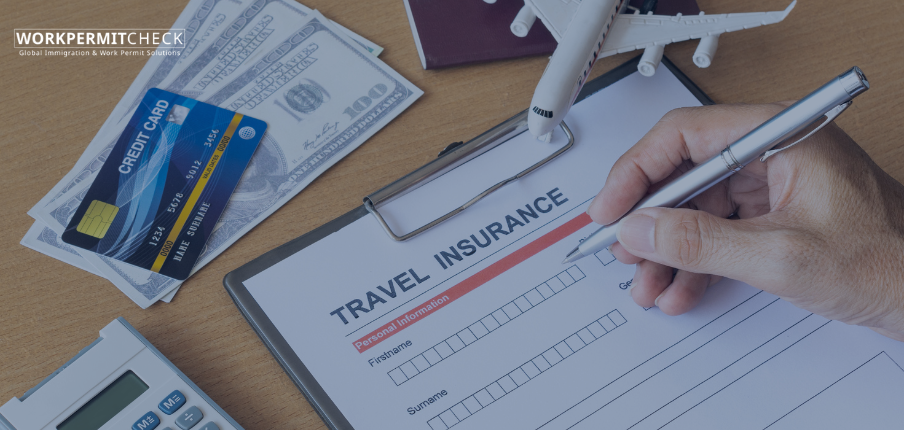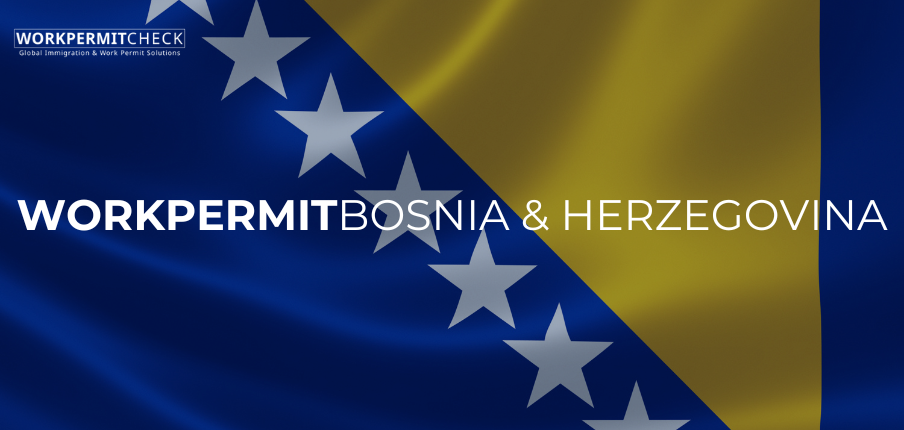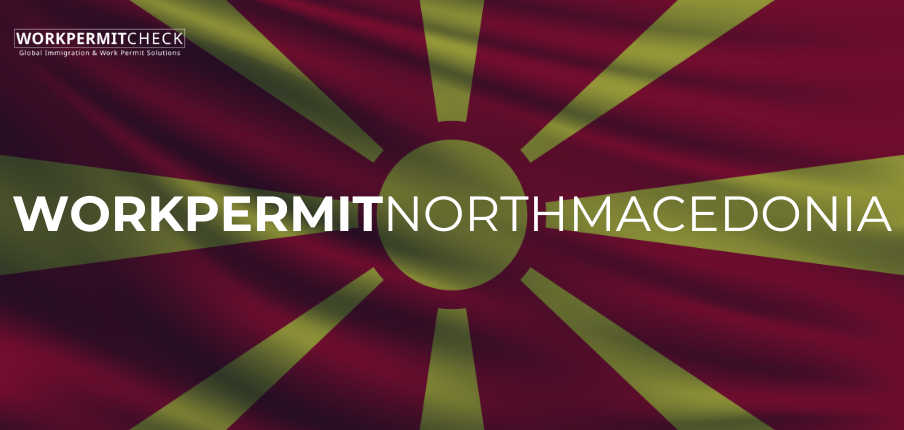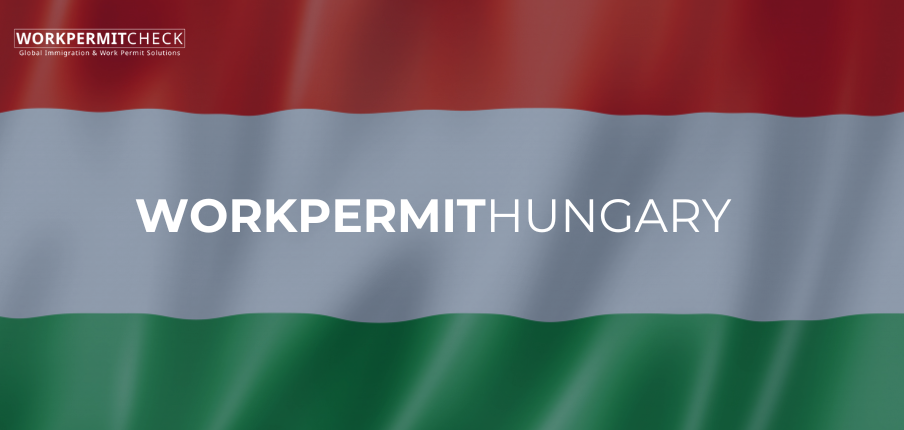Applying for a Canadian work permit can be a major step toward building a career abroad. However, many applicants face rejection due to reasons that are often avoidable. Understanding the most common causes of work permit refusal can help you avoid costly mistakes and improve your chances of approval.
If your Canada work permit was refused or you're planning to apply, here’s what you need to know.
1. Incomplete or Incorrect Documentation
One of the top reasons for refusal is submitting an incomplete application or including incorrect information. If even one required document is missing, outdated, or filled out incorrectly, your work permit can be rejected without further review.
Common issues include:
-
Missing passport pages
-
Untranslated documents
-
Incorrect forms or outdated versions
-
Lack of proof of work experience or education
2. Lack of Genuine Job Offer
If your job offer is vague, unverifiable, or comes from an employer not authorized to hire foreign workers, your application may be denied. IRCC (Immigration, Refugees and Citizenship Canada) scrutinizes the legitimacy of job offers, especially those from lesser-known companies.
Red flags:
-
Offer letters without contact information
-
No proof of company registration
-
Offers that don’t match your qualifications
3. Insufficient Proof of Intent to Leave Canada
Work permits are temporary. Applicants must prove they will return to their home country after the permit expires. If the immigration officer believes you intend to stay permanently without legal grounds, your application can be refused.
You may be refused if:
-
You lack ties to your home country
-
Your travel history is limited or inconsistent
-
Your personal statement is vague or poorly written
4. Financial Inadequacy
You must prove you can financially support yourself (and your dependents, if applicable) while living in Canada. If your financial documents suggest otherwise, it may lead to rejection.
This can include:
-
Low bank balance
-
Unverifiable income sources
-
Inconsistent financial statements
5. Issues with Employer Compliance or LMIA
For employer-specific work permits, most employers must obtain a Labour Market Impact Assessment (LMIA). If the LMIA is not valid, expired, or missing entirely, your application will be denied.
Some employers are exempt from the LMIA, but they must still be eligible under Canada’s work permit categories.
6. Criminal Inadmissibility or Medical Issues
Applicants with certain criminal convictions or medical conditions that pose a public health risk may be considered inadmissible to Canada. Background checks are thorough, and omissions can lead to immediate denial.
7. Mismatched or Weak Supporting Evidence
If your education, skills, and work experience do not align with the job you are applying for in Canada, your application could be viewed as non-genuine or lacking credibility.
8. Previous Immigration Violations
If you have overstayed a visa, submitted false documents, or violated immigration rules in any country (not just Canada), your application will be scrutinized heavily or rejected.
9. Poor or Unclear Explanation Letter
An application without a clear cover letter or explanation (also known as a Statement of Purpose) often fails to address key eligibility points. This can confuse visa officers or leave questions unanswered.
Key Takeaway
A Canadian work permit rejection often comes down to poor preparation, weak supporting evidence, or misunderstanding of the requirements. Before applying, review every detail, ensure documents are consistent, and make your case clearly and truthfully.
FAQs
Q1. Can I reapply after a Canadian work permit is refused?
Yes, but only if your new application addresses the issues that led to the initial refusal. It's important to review the refusal letter in detail before reapplying.
Q2. Will a work permit refusal affect my future visa applications?
It could. Multiple refusals without explanation may raise concerns with immigration officers in future applications.
Q3. Do I need an LMIA to apply for a work permit?
Not always. Some work permits are LMIA-exempt, such as those under international agreements or post-graduation programs.
Q4. How do I check if my employer is eligible to hire foreign workers?
You can check the official Government of Canada website or consult with a licensed immigration consultant.
Q5. Should I hire an immigration consultant or lawyer?
It’s not mandatory, but working with a licensed consultant or lawyer can significantly improve your application’s strength and avoid common pitfalls.
Source
Disclaimer
This blog post is for informational purposes only and does not constitute legal or immigration advice. WorkPermitCheck.com is a private service provider that helps verify the legitimacy of work permits and job offers. We are not affiliated with the Government of Canada and do not issue visas or permits.
August 6, 2025

































































































































































